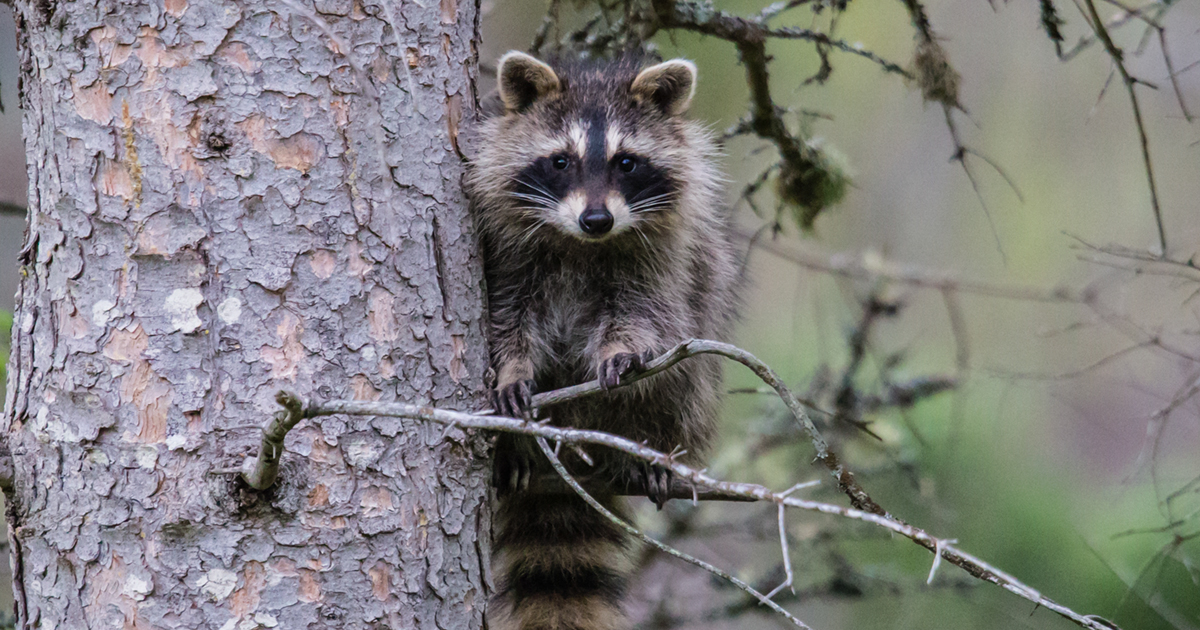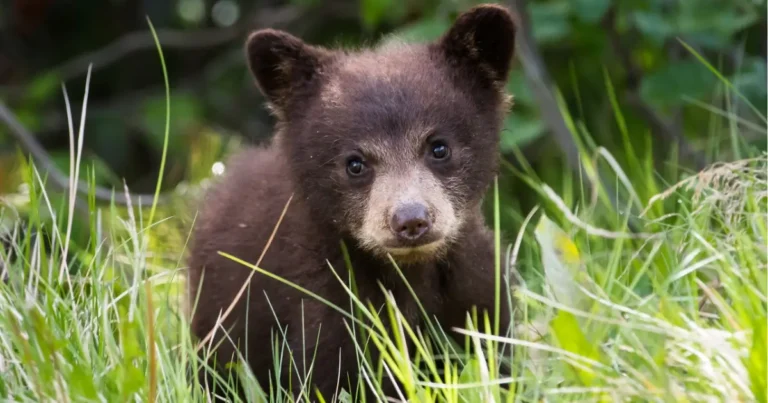
A fear-mongering media report indicates that the people of Richmond, BC, are being terrorized by aggressive raccoons. The aggressive actions: being around, generally and in one case getting into a scrap with a dog (who started it is unclear but there weren’t any scratches on the dog).
While seeing wildlife behaving in a way that’s unexpected or different than the norm can be disconcerting it is not a reason for alarm. And, most of the time, investigation will reveal that it is human behaviour that has caused a change for the animals. That being said, residents who are concerned can take some action locally:
- Look for and remove attractants. This includes everything from outdoor dog or cat food to fallen seed from bird feeders to compost and wild or gardened fruits or vegetables. Don’t limit the search to your yard – talk to neighbours about this and look in areas like along trails or in natural areas abutting homes.
- Don’t leave pets unattended. This is generally a good idea for everyone’s safety and well-being, but when wildlife is known to be in the area it must be recognized that fences and property lines are meaningless to everyone but humans. Turn on lights at night before going out and go outside with pets, who should be leashed unless in specified leash-free areas.
- Consider aversion techniques like motion-activated sprinklers or lights (move them regularly), smelly containers (bleach with a rag in a container with holes punched in the top but be careful not to spill or mix chemicals), noisemakers and other options. The goal is not to harm animals but remove the comfort that your yard or specific parts of your property may represent to wildlife.
- Consult an AnimalKind approved wildlife removal operator. The BC SPCA has criteria to ensure humane treatment of wildlife when they’re removed from homes. Qualifying companies must show that they meet these criteria to receive AnimalKind approval. Click here to learn more.
Though a conservation officer told a media outlet that residents can trap and relocate raccoons up to 10 km away this is not recommended for the safety of the resident, the safety of the raccoon (relocation can be stressful, expose raccoons to or spread disease, you may be dropping a raccoon into another raccoon’s home, etc.) and does not treat the root of the problem (the environmental cause of the conflict). Further, relocating a raccoon simply creates space for another raccoon to move in. Residents can also contact their municipality to find out if property standards by-laws or wildlife feeding by-laws are in place that can help mitigate and prevent conflict moving forward.
It's understandable that a change in what we’re used to seeing of wildlife behaviour in our communities can be distressing, particularly if it leads to human conflict with said wildlife. But, ultimately, wild animals respond to the conditions we create – and our behaviour is where truly humane and long-term solutions can be found.

